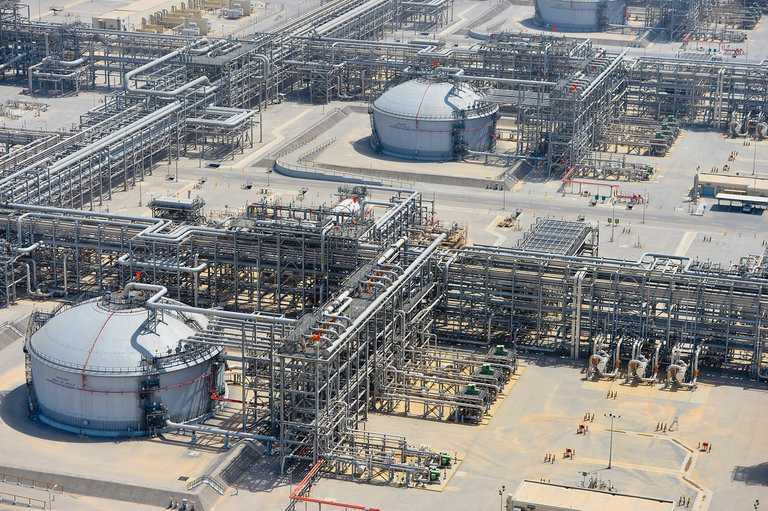
Saudi Arabia and Russia announced on Monday that they would cut their oil production for longer than they had planned, bolstering oil prices and pre-empting a meeting of major crude exporters next week.
The countries, the world’s two biggest oil exporters, agreed to lower their production levels for nine months more than originally planned, through March 2018. The move means the Organization of the Petroleum Exporting Countries is likely to follow suit when its members meet in Vienna on May 25.
OPEC, whose 13 member nations account for about a third of global crude output, and Russia agreed last year to reduce production in the hope of lifting prices. The move has been a qualified success; though crude prices have not increased significantly and are hovering around $50 a barrel, they have not fallen to their lows of early last year, when they were below $30 a barrel.

In a statement, Saudi Arabia and Russia said they had “agreed to do whatever it takes to achieve the desired goal of stabilizing the market,” adding that the deal to reduce production should be extended through the end of March.
Saudi Arabia and Russia announced on Monday that they would cut their oil production for longer than they had planned, bolstering oil prices and pre-empting a meeting of major crude exporters next week.
The countries, the world’s two biggest oil exporters, agreed to lower their production levels for nine months more than originally planned, through March 2018. The move means the Organization of the Petroleum Exporting Countries is likely to follow suit when its members meet in Vienna on May 25.
OPEC, whose 13 member nations account for about a third of global crude output, and Russia agreed last year to reduce production in the hope of lifting prices. The move has been a qualified success; though crude prices have not increased significantly and are hovering around $50 a barrel, they have not fallen to their lows of early last year, when they were below $30 a barrel.

In a statement, Saudi Arabia and Russia said they had “agreed to do whatever it takes to achieve the desired goal of stabilizing the market,” adding that the deal to reduce production should be extended through the end of March.
The two countries said they would work with others ahead of the Vienna meeting, “with the goal of reaching full consensus on the nine-month extension.”
Oil prices rose sharply after the statement was released, with West Texas Intermediate crude gaining 3.4 percent to $49.45 a barrel, while Brent crude rose 3.3 percent to $52.52.
“What they looked to do is send a positive surprise by exceeding market expectations,” said Richard Mallinson, an analyst at the research firm Energy Aspects. He said that oil traders had so far been skeptical about the positive impact of the cuts.
We’re interested in your feedback on this page. Tell us what you think.

























